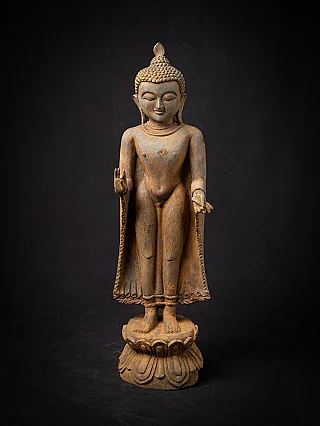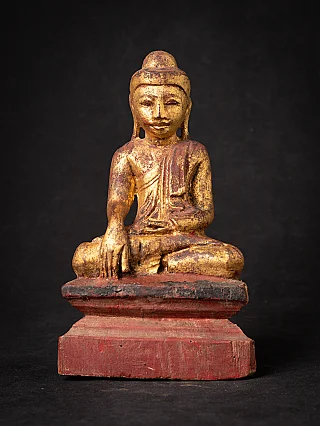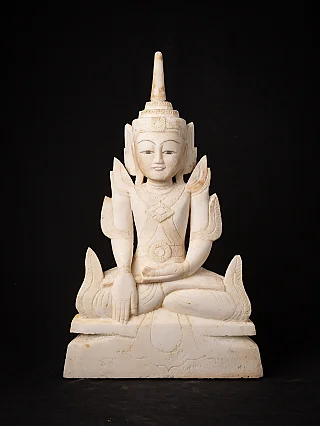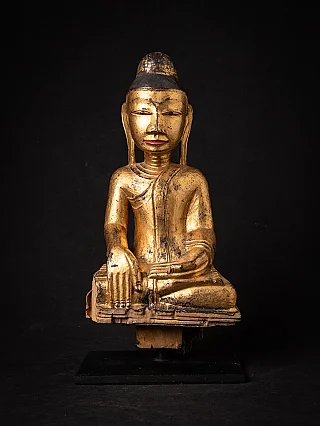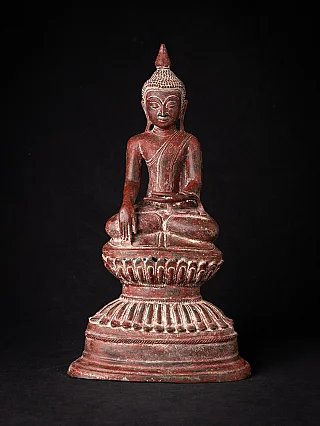The influence of Buddhism on culture and society
Author : Peter Vredeveld

Buddhism is a religion that originated in ancient India and has since spread across many parts of the world. It has profoundly impacted culture and society, influencing how people think, behave, and interact. Buddhism has left a significant mark on the world, from art to literature, politics, and economics. Today, we will discuss the influence of Buddhism on culture and society in detail, exploring its impact in various aspects.
Discover the Influence of Buddhism - Shop Buddha Statues Now!
Buddhism and Art

Buddhism has been a significant influence on the art of many cultures. In India, for example, the Gandhara school of art, which flourished between the 1st and 7th centuries, was heavily influenced by Buddhist art. The sculptures and paintings produced during this period often depicted the Buddha and other Buddhist figures in a highly stylized and symbolic way, emphasizing spiritual ideals rather than physical realism. This influence can also be seen in the art of other Buddhist cultures, such as those in China, Japan, and Tibet.
Moreover, Buddhism has inspired the creation of many works of art, including sculptures, paintings, and textiles. Buddhist art often features representations of the Buddha, other important figures in the Buddhist tradition, and symbols associated with Buddhism, such as the lotus flower and the Wheel of Dharma. Buddhist art is known for its intricate and detailed designs, often created using various materials, including bronze, stone, wood, and silk.
Shop now for exclusive Buddha statue designs
Buddhism and Literature
Buddhism has also significantly impacted literature, influencing many great literary works in Asia. The Ramayana and the Mahabharata in India, the Tale of Genji in Japan, and the Journey to the West in China are just a few examples of literary works that Buddhist ideas and beliefs have influenced. Buddhist literature has also been an essential source of inspiration for many contemporary writers, who often draw on Buddhist themes and symbols in their work.
In addition to inspiring literature, Buddhism has produced its own body of literature. The Buddhist canon, the Tripitaka, contains a vast collection of scriptures, including sutras, records of the Buddha's teachings, and commentaries on these teachings. The Tripitaka is written in several languages, including Pali, Sanskrit, and Chinese, and it has been translated into many languages worldwide.
Buddhism and Politics
Buddhism has played a significant role in shaping politics and economics in various parts of Asia. In some cases, Buddhist monks have been actively involved in political and social movements. For example, during the Vietnam War, Buddhist monks in Vietnam and other countries played a crucial role in protesting against the war and promoting peace. In other cases, Buddhism has influenced economic practices, such as in Japan, where Zen Buddhism has significantly impacted the development of the tea ceremony and other cultural practices central to Japanese business culture.
Moreover, Buddhism has also had an impact on the political structure of some countries. Buddhism is the dominant religion in countries such as Thailand and Sri Lanka, and its influence can be seen in these countries' political and social structures. In Thailand, for example, the king is considered a protector of Buddhism and is expected to uphold Buddhist values and principles.
Buddhism and Personal Development
Buddhism's emphasis on self-awareness and personal growth has influenced many aspects of modern psychology. Mindfulness, a practice of being present and aware of one's thoughts and feelings, has become increasingly popular in recent years and has been used to treat a range of mental health conditions, such as anxiety and depression. This technique is derived from Buddhist meditation practices and has been adapted for use in a secular context.
Buddhism has also inspired the development of various meditation forms, which promote relaxation and improve mental and physical health. These practices have become increasingly popular in Western countries, where they are often used as a tool for stress reduction and personal development.

Buddhism and Social Justice
Buddhism has a long history of promoting social justice and equality. One of the essential teachings of Buddhism is the concept of interdependence, which suggests that all things are interconnected and interdependent. This idea has inspired many Buddhists to work towards creating a more just and equitable society.
Buddhist social activism has taken many forms throughout history, including movements for human rights, environmental protection, and promoting non-violence. The Dalai Lama, the spiritual leader of Tibetan Buddhism, has been a prominent advocate for human rights and has worked tirelessly to promote peace and reconciliation.
Conclusion
In conclusion, Buddhism has profoundly impacted culture and society in various ways. From inspiring art and literature to shaping politics and personal development, Buddhism has left its mark on the world. Its emphasis on self-awareness, compassion, and social justice has made it a powerful force for positive change. As Buddhism spreads across the globe, it will likely continue to influence and shape the cultures and societies it encounters.
Share this page




































